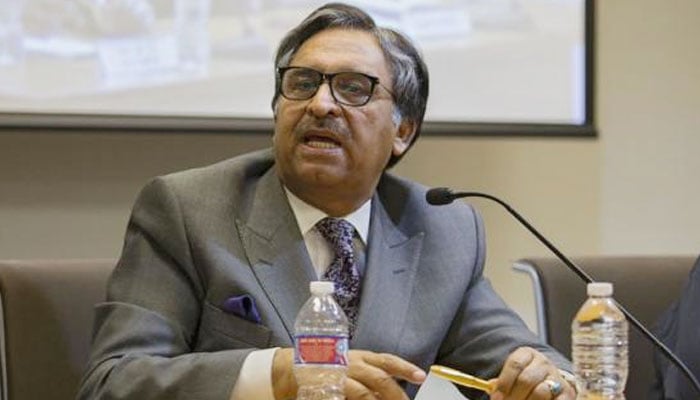ISLAMABAD: Pakistan on Monday rejected Indian Supreme Court verdict on the abolition of the special status of occupied Kashmir and said that Islamabad will never accept the jurisdiction of the Indian constitution in the disputed territory.
The Supreme Court of India ruled that the special status of Kashmir was a temporary arrangement. It directed the Election Commission to hold election in Kashmir by September 2024.
The ruling was passed on petitions filed against the abolition of the special status of occupied Kashmir under Article 370 of the Indian constitution in August 2019.
Soon after the verdict, Jalil Abbas Jilani, the caretaker foreign minister, held a press conference in Islamabad and rejected it. He said the Indian Supreme Court also had announced a biased verdict in the Babari Mosque demolition case and had spoiled its image.
He said the ruling of the Indian apex court would fail to divert attention from rampant human rights violations in occupied Kashmir.
Mr Jilani said that Pakistan would continue extending moral, diplomatic and political support to the people of Kashmir at all international forums till their were given their right to self-determination in accordance with the resolutions of the United Nations.
The Indian court verdict stated, “Article 370 of the Constitution was an interim arrangement due to war conditions in state. Constituent assembly of Jammu and Kashmir was never intended to be permanent body,” stated the court verdict. It added that the 2019 declaration was “a culmination of the process of integration and as such is a valid exercise of power.”
On August 5, 2019, the Modi regime abolished the special status of occupied Kashmir under 370. This move allowed people from the rest of the country to have the right to acquire property in held Kashmir and settle there permanently.
Kashmiris, international organisations and critics of India’s Hindu nationalist-led government had termed the move an attempt to dilute the demographics of Muslim-majority Kashmir with Hindu settlers.
The court had reserved its verdict on the petitions on September 5 and announced it today. The five-member bench of the court headed by its chief justice continued hearing for 16 consecutive days of the 20 applications.


Comments are closed.